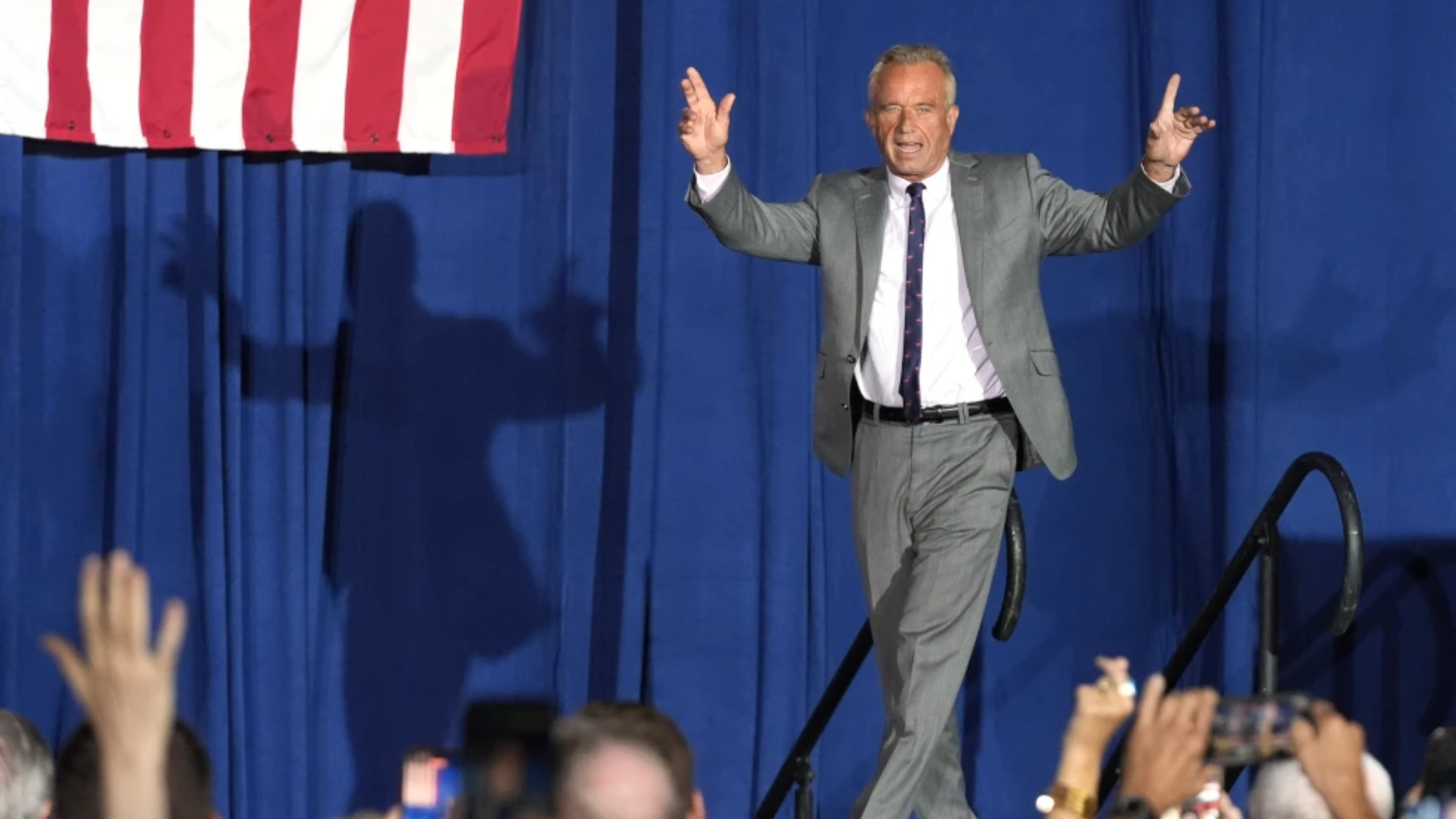WASHINGTON (CNN) — Sensing his free trade agenda was hours from a stunning defeat, President Barack Obama visited Capitol Hill in person on Friday morning to make a personal plea for his own party’s support.
Democrats ignored him.
And now, the prospects for the Trans-Pacific Partnership, the biggest free trade deal in history, to be finalized and adopted are grim, unless Republicans can find a way within days to revive the bills and rescue Obama’s biggest second-term legislative priority.
The House overwhelmingly rejected the first in a series of trade bills Friday, with Democrats voting against a program that aids displaced workers — in large part because, under the chamber’s procedures, its defeat meant the vote on the so-called “fast track” bill that followed was only symbolic, so the measure couldn’t be sent to Obama’s desk.
The vote provided the clearest evidence yet that, with 19 months left in his presidency, Obama’s pulpit is less bully than it’s ever been before.
It also showcased the strength of populist elements of both parties, who beat back an intense lobbying push from traditional Washington forces like the Chamber of Commerce and the National Association of Manufacturers.
Friday’s vote doesn’t mean the package of trade bills are dead. House Republican leaders have called for re-votes by Tuesday, buying Obama a little more time to lobby his own party, and GOP leaders time to twist arms.
In fact, the most controversial element of the package — trade promotion authority, which allows Obama to submit deals like the 12-country Trans-Pacific Partnership to Congress for a vote without amendments, which trade negotiators say is crucial to finalizing the deal — actually narrowly passed.
That vote, though, was meaningless because of House procedural rules that said a separate bill that included Trade Adjustment Assistance — a program that helps workers who lose their jobs due to trade shifts, and that’s typically favored by Democrats — was defeated, 126-302.
The prospect of a re-vote gave the White House reason for optimism on Friday.
White House Press Secretary Josh Earnest termed the trade failure a “procedural snafu,” adding that it still reflected a success that lawmakers were able to pass promotion authority.
Earnest called Obama’s visit with House Democrats on Friday “productive” and said the President would continue working with lawmakers to advance his trade agenda.
It was House Minority Leader Nancy Pelosi, the California Democrat who shepherded some of Obama’s most controversial first-term bills like health care reform into law, who hurt the President the most on Friday.
After staying on the sidelines for most of the trade fight, Pelosi took to the House floor and announced her opposition to the bill — giving cover to other Democrats who were considering breaking with Obama.
“Whatever the deal is with other countries, we want a better deal for America’s workers,” Pelosi said.
With Pelosi’s opposition and Hillary Clinton, the Democratic front-runner in the 2016 presidential race, also keeping mum on trade promotion authority, Obama had scant high-level support within his own ranks.
The President attended a 9:30 a.m. Friday gathering of House Democrats, making his case after several high-level officials — including Labor Secretary Tom Perez and White House Chief of Staff Denis McDonough — made their cases in the days leading up to the vote.
As he left the meeting, Obama said, “I don’t think you ever nail anything down around here. It’s always moving.”
Democrats who attended said they weren’t swayed and that the President’s outreach came too late.
“The President tried to both guilt people and impugn their integrity. I was insulted,” Rep. Peter Defazio, D-Oregon, told reporters after the meeting.
Republicans pushed hard for the trade package. Rep. Paul Ryan, R-Wisconsin, said the trade deals it greases the wheels for are at “the dawn of the 21st century.”
“Enormous issues — cyber-threats, intellectual property, you name it — the rulebook on how the global economy works is being written right now. The only way for us to be in the game to write that rulebook is through trade agreements. Get other countries to agree to our rules,” Ryan said. “A ‘no’ vote is to say America can’t even try.”
Going into the weekend, it was unclear what exactly could change over the weekend to lead to a different result early next week, and which if any Democrats would vote differently if the TAA portion of the bill were to be reconsidered.
“If members of my caucus come to the belief that … you could end up getting fast track without trade adjustment assistance, I think many of my colleagues would reconsider trade adjustment assistance,” New York Democratic Rep. Steve Israel said.
“I don’t think anybody knows where we’re going right now,” he added.
The-CNN-Wire ™ & © 2015 Cable News Network, Inc., a Time Warner Company. All rights reserved. (PHOTO: CNN)






















